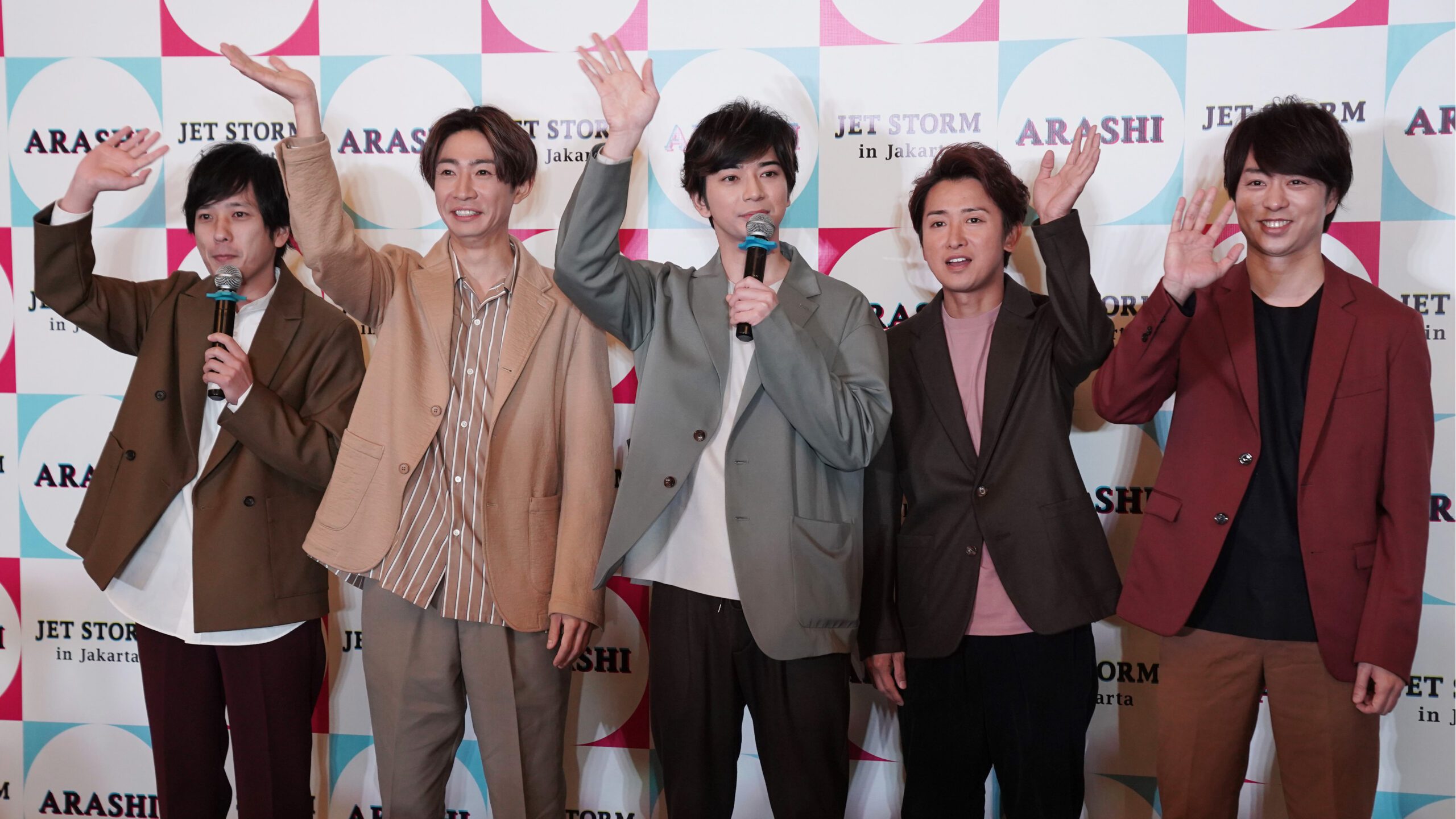K-pop and J-pop are two popular music genres that have gained massive followings around the world. K-pop, originating in South Korea, is known for its upbeat rhythms, synchronized dances, and impressive video production. J-pop, originating in Japan, is diverse and includes anime music, with a focus on individual artists and live performances. While both genres share similarities such as the idol culture and fashion elements, they also have their differences. Despite their differences, they have had a significant global impact and will continue to inspire the music industry for years to come.
K-pop vs. J-pop: The Battle of East Asian Music
The world of music is constantly evolving, and East Asia is no exception. Two genres that have taken the world by storm are K-pop and J-pop. K-pop, which originated in South Korea and J-pop, which originated in Japan, have both amassed massive followings of fans around the world. In this article, we’ll explore the similarities and differences between K-pop and J-pop.
Introduction to K-pop and J-pop
K-pop, or Korean pop, is a music genre that originated in South Korea in the 1990s. It is characterized by its upbeat rhythms, catchy melodies, and its groups of idols, who are known for their good looks, synchronized dances, and impressive vocals. In addition to music, K-pop also encompasses fashion, beauty, and entertainment industries in South Korea.
J-pop, or Japanese pop, on the other hand, originated in Japan in the 1990s. J-pop is known for its diverse range of music, from rock to ballads, and its idols, who are known for their charming personalities and colorful aesthetics. J-pop also encompasses various genres that go beyond pop, such as J-rock, J-hip-hop, and anime music.
Similarities between K-pop and J-pop
Despite their differences, K-pop and J-pop share several similarities. For instance, both genres put a significant emphasis on the idol culture. In both K-pop and J-pop, idols are known for their good looks, strong stage presence, exceptional talent, and their connection to fans. They also follow strict training regimes and are often scouted by talent agencies at a young age.
Moreover, both K-pop and J-pop incorporate fashion and beauty elements, with their idols serving as fashion icons and trendsetters. Both genres also have massive fandoms worldwide, and fans often attend concerts, purchase albums, and merchandise, and engage on social media platforms.
Differences between K-pop and J-pop
While K-pop and J-pop share similarities, they also have several differences. K-pop, for example, is known for its impressive dance choreography and its focus on video production. K-pop groups often have large-scale music videos that feature synchronized dances and elaborate sets. K-pop idols also follow strict diets and fitness regimes to maintain their appearance.
On the other hand, J-pop focuses more on individual artists than groups. J-pop artists often have more creative control and incorporate live music performances into their shows. In addition, J-pop also includes anime music, which is music from Japanese animation series and movies. J-pop also values voice quality over dancing and does not have such strict beauty standards as K-pop.
Cross-cultural Impact
Despite their differences, both K-pop and J-pop have had a significant worldwide impact. Both genres have gained massive followings of fans outside of their home countries, with K-pop becoming a global phenomenon in recent years. K-pop has been recognized for its unique sound, catchy melodies, and impressive visuals, with labels such as Big Hit Entertainment, JYP Entertainment, and SM Entertainment leading the industry.
J-pop has also been influential in the music industry, with artists such as Hikaru Utada, Ayumi Hamasaki, and RADWIMPS gaining global recognition. J-pop has also influenced other genres, such as anime music, which has become increasingly popular worldwide.
Conclusion
K-pop and J-pop are two of the most popular music genres in East Asia. Both genres share several similarities, such as the idol culture and fashion elements, but also have their differences, such as their focus on dance and individuality. Despite their differences, both K-pop and J-pop have had a massive impact on the music industry and have gained followers worldwide.
Whether you love K-pop or J-pop, there is no doubt that they will continue to influence and inspire the music industry for years to come.
